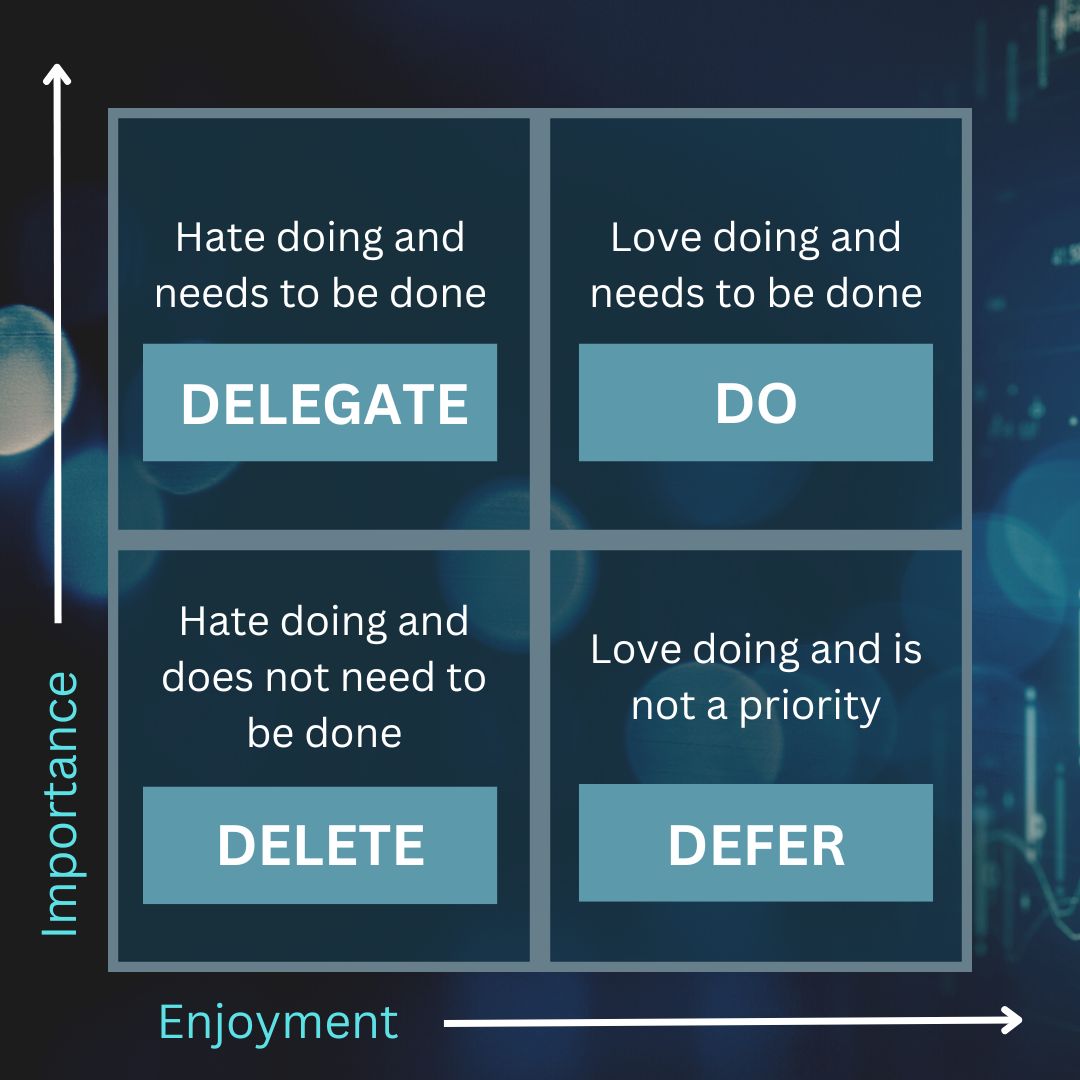The theme for Mental Health Awareness Week this year is “My Story,” highlighting that we are all unique with valuable stories of the human experience.
Every one of us has been impacted by our own or a close friend or family member’s mental health challenge. Mental health affects us all. Let’s continue to work together to reduce the barriers for seeking mental health support. And let’s share our diverse stories to emphasize the crucial need for universal mental health care.
If you are in the Cochrane area, join Wayfinders Wellness Society for our open house and BBQ on our ranch this Thursday from 11-2. We are partnering with the town of Cochrane for this event. Register for this and other events this week in the Cochrane community at: https://lnkd.in/gCVpGM8a
To learn more about what we offer at Wayfinders check out our website:
wayfinderswellness.ca



